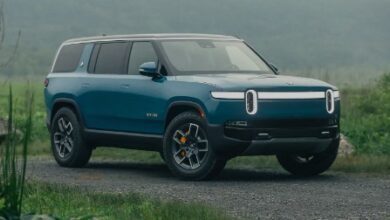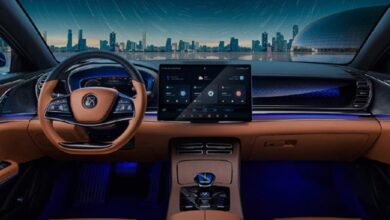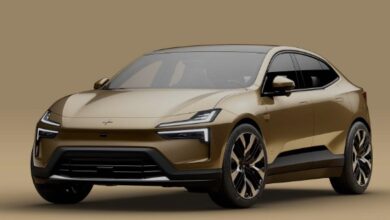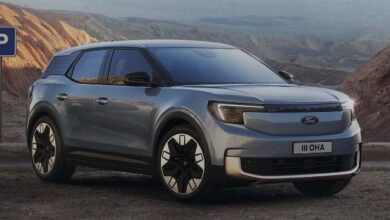Volkswagen AG Stock Analysis: ROE, EV Strategy, and Future Outlook
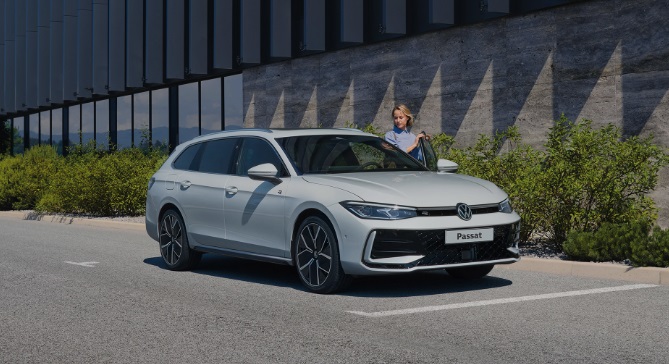
Volkswagen AG (VWAGY) is one of the world’s largest automakers, and it is undergoing a major transformation to lead the electric mobility revolution. With its ambitious electrification strategy, heavy investment in new technologies, and diverse portfolio of iconic automotive brands, Volkswagen is navigating the opportunities and challenges of a rapidly changing industry. In this Volkswagen AG stock analysis, we will explore the company’s Return on Equity (ROE), its strengths, weaknesses, and the competitive landscape to help you decide if VWAGY stock is a good investment.
What is ROE, and Why Does it Matter for VWAGY Stock?
Return on Equity (ROE) is a key financial metric that helps investors measure how effectively a company generates profit from shareholders’ equity. A higher ROE generally indicates stronger financial performance and better returns for investors. In the context of VWAGY stock, analyzing Volkswagen’s ROE gives insight into how well the company has been utilizing its capital, especially during its transition to electric vehicles (EVs).
Volkswagen AG’s ROE: A Decade of Transformation
Volkswagen AG’s ROE over the past decade reflects a company in the midst of significant change, impacted by industry disruptions, regulatory challenges, and a strategic shift towards electric vehicles. Here’s an overview:
- Early 2010s: Volkswagen enjoyed strong profitability and high ROE, benefiting from its dominant position in Europe and its well-diversified brand portfolio.
- Mid-2010s: The “dieselgate” emissions scandal led to fines and legal costs, which had a negative impact on Volkswagen’s ROE and financial performance.
- Late 2010s: Volkswagen began recovering from the scandal by investing heavily in EV technology and future mobility solutions.
- Recent Years: Volkswagen’s ROE reflects its large investments in electrification, battery technology, and software development. While these investments are essential for long-term growth, they may weigh on short-term profitability.
Volkswagen AG’s Vision: “NEW AUTO” – Mobility for Generations to Come
Volkswagen AG’s “NEW AUTO” strategy is central to its future growth. This vision focuses on electrification, digitalization, and mobility services. The goal is to become a leading provider of sustainable and intelligent mobility solutions.
Key Strengths:
- Diverse Brand Portfolio: Volkswagen owns iconic brands such as Volkswagen, Audi, Porsche, Lamborghini, Bentley, SEAT, Skoda, and Ducati. This diversified portfolio helps the company cater to a wide range of customers, from affordable vehicles to luxury sports cars.
- Global Presence: Volkswagen operates on a global scale, with manufacturing plants and sales operations in various regions, helping the company weather regional economic fluctuations.
- EV Commitment: Volkswagen is committed to becoming a leader in electric mobility, with significant investments in its ID. Family of electric vehicles, including models like the ID.3, ID.4, and ID. Buzz.
- Battery and Software Focus: Volkswagen has launched PowerCo, a subsidiary focused on battery production, and CARIAD, its software company, both of which are critical to its EV strategy and connected vehicle features.
Key Weaknesses:
- Complex Organizational Structure: Volkswagen’s size and complexity can slow decision-making and implementation, which is critical in a fast-evolving industry.
- Dependence on the European Market: Volkswagen remains heavily reliant on its performance in Europe, making it more vulnerable to economic and regulatory shifts in the region.
- Competition: The global automotive market is fiercely competitive, with both legacy automakers and newer entrants in the EV market vying for leadership.
Volkswagen AG’s Competitors: Navigating a Competitive Automotive Landscape
Volkswagen faces significant competition from both established automakers and EV-focused companies:
- Toyota: The world’s largest automaker by volume, Toyota is a fierce competitor with a strong reputation for reliability and fuel efficiency.
- General Motors (GM): A global powerhouse, GM has been making strides in electric vehicles, especially in North America and China.
- Ford: Ford’s F-Series trucks and its electric Mustang Mach-E highlight its growing presence in the EV market.
- Hyundai-Kia: Known for value-driven vehicles, Hyundai-Kia has quickly become a strong competitor in the EV space.
- Tesla: The leader in the electric vehicle market, Tesla’s innovation, brand loyalty, and first-mover advantage present a significant challenge to Volkswagen’s EV ambitions.
Volkswagen AG’s Key Projects and Investments
Volkswagen’s future growth relies on its ambitious investments in electrification, battery technology, and digitalization. Some of its key projects include:
- ID. Family of Electric Vehicles: Volkswagen’s expanding lineup of EVs, such as the ID.3, ID.4, and ID. Buzz, are central to its EV strategy, with upcoming models like the ID.7 expected to further cement its position in the market.
- Artemis Project: This initiative is developing a new premium EV platform for Audi, Bentley, and Porsche, focusing on cutting-edge technology and luxury features.
- PowerCo: Volkswagen’s battery subsidiary is responsible for producing batteries for its electric vehicles, which will be critical in controlling supply chains and reducing costs.
- CARIAD: Volkswagen’s software arm is working to enhance vehicle connectivity, autonomous driving capabilities, and in-car digital experiences.
Volkswagen AG’s Future: Accelerating Electric Mobility
The future of Volkswagen AG will largely depend on its ability to successfully transition into electric mobility while maintaining its global leadership in the automotive industry. Several factors will play a critical role:
- EV Adoption: The speed at which global consumers adopt electric vehicles will be crucial for Volkswagen’s growth. Government incentives and regulatory mandates for emissions reductions will accelerate this transition.
- Technological Innovation: Volkswagen must continue to innovate in areas such as autonomous driving, connected vehicles, and battery technology to stay competitive in the EV space.
- Competition: Volkswagen will need to navigate intense competition from legacy automakers and new entrants like Tesla, Rivian, and Lucid Motors, all vying for market share in the electric vehicle industry.
Is Volkswagen AG (VWAGY) Stock a Good Investment?
Volkswagen AG is positioning itself as a global leader in electric mobility, with significant investments in EV technology, battery production, and software development. While the company faces challenges such as intense competition and its dependence on the European market, its diverse brand portfolio, strong global presence, and ambitious electrification strategy make VWAGY stock an intriguing investment for those looking at the future of the automotive industry. However, investors should be mindful of the risks associated with such a large-scale transformation and the overall industry dynamics.

